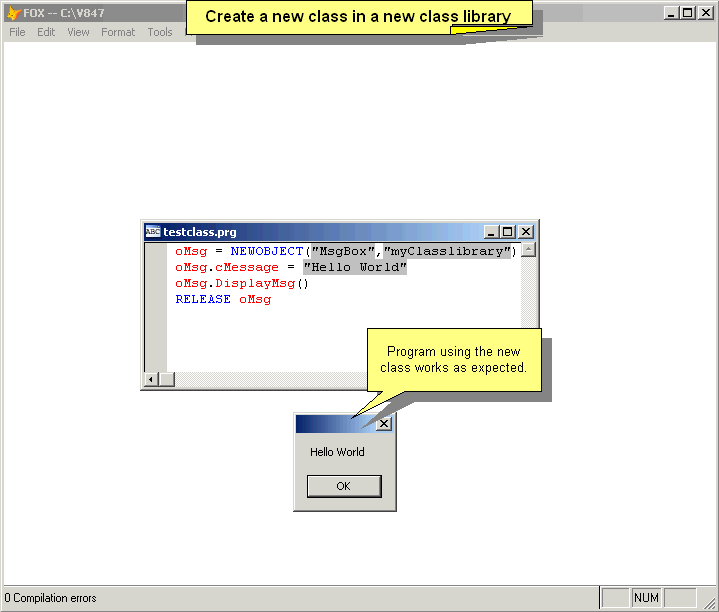
Knowing the prefixes of the words (in-, trans-, and pre-) helps them build words and figure out their meanings. You can model this in the classroom with words that are tricky even for adults! When your learners know that the root word “scrib” means write, they’ll start to figure out words like inscribe, transcribe, and prescribe. I LOVE teaching context clues because it helps students solve word meanings independently! Knowledge of Word PartsĪs soon as your students start to learn the meaning of common roots, prefixes, and suffixes, they’ll start to decipher the meanings of unfamiliar and unknown words. This is especially important when coming across multiple meaning words. This means using other clues in the passage and/or their background knowledge. Students must use critical thinking to make an educated guess about the word meaning.

Using context clues means using the surrounding text to figure out the definition of a new word or phrase. Context Cluesįirst, using context clues is a necessary word analysis strategy for deciphering word meaning. Specific instructional strategies you can focus on with your students include context clues, word parts, homophones, and more. This is especially important at the upper elementary level (3rd-5th grades) as students encounter increasingly complex vocabulary! Word analysis strategies help students decode and determine the meaning of unknown words.

The most important benefit in deciphering word meaning, however, is increasing reading skills for everyday life! Using word analysis strategies in the upper elementary classroom will have your students improving their reading comprehension and confidence! What are Word Analysis Strategies?

I always tell my students that a stronger vocabulary makes them better readers and better test takers! Think of all the vocabulary questions on standardized tests and college entrance exams.


 0 kommentar(er)
0 kommentar(er)
